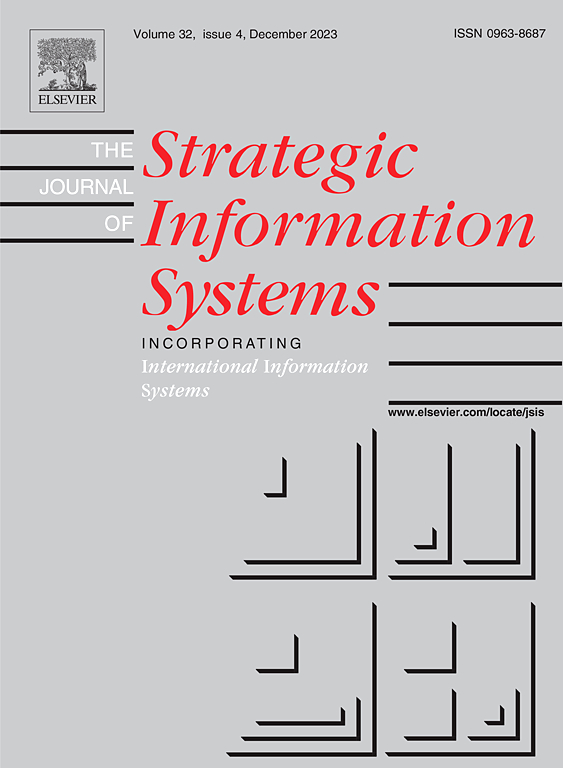On semi-local decomposition
IF 1.1
4区 数学
Q4 COMPUTER SCIENCE, THEORY & METHODS
引用次数: 0
Abstract
We consider semi-local polynomial systems and their decomposition. A semi-local polynomial system defines a global polynomial map that is the product of local polynomial maps disguised by global linear isomorphisms. We characterize a subclass of semi-local polynomial systems which can be efficiently decomposed into local systems.
关于半局部分解
研究半局部多项式系统及其分解。半局部多项式系统定义了一个全局多项式映射,它是局部多项式映射被全局线性同构掩盖的乘积。我们刻画了半局部多项式系统的一个子类,它可以有效地分解为局部系统。
本文章由计算机程序翻译,如有差异,请以英文原文为准。
求助全文
约1分钟内获得全文
求助全文
来源期刊

Journal of Symbolic Computation
工程技术-计算机:理论方法
CiteScore
2.10
自引率
14.30%
发文量
75
审稿时长
142 days
期刊介绍:
An international journal, the Journal of Symbolic Computation, founded by Bruno Buchberger in 1985, is directed to mathematicians and computer scientists who have a particular interest in symbolic computation. The journal provides a forum for research in the algorithmic treatment of all types of symbolic objects: objects in formal languages (terms, formulas, programs); algebraic objects (elements in basic number domains, polynomials, residue classes, etc.); and geometrical objects.
It is the explicit goal of the journal to promote the integration of symbolic computation by establishing one common avenue of communication for researchers working in the different subareas. It is also important that the algorithmic achievements of these areas should be made available to the human problem-solver in integrated software systems for symbolic computation. To help this integration, the journal publishes invited tutorial surveys as well as Applications Letters and System Descriptions.
 求助内容:
求助内容: 应助结果提醒方式:
应助结果提醒方式:


